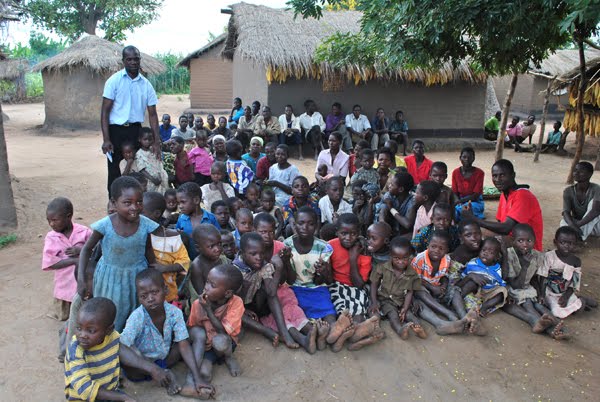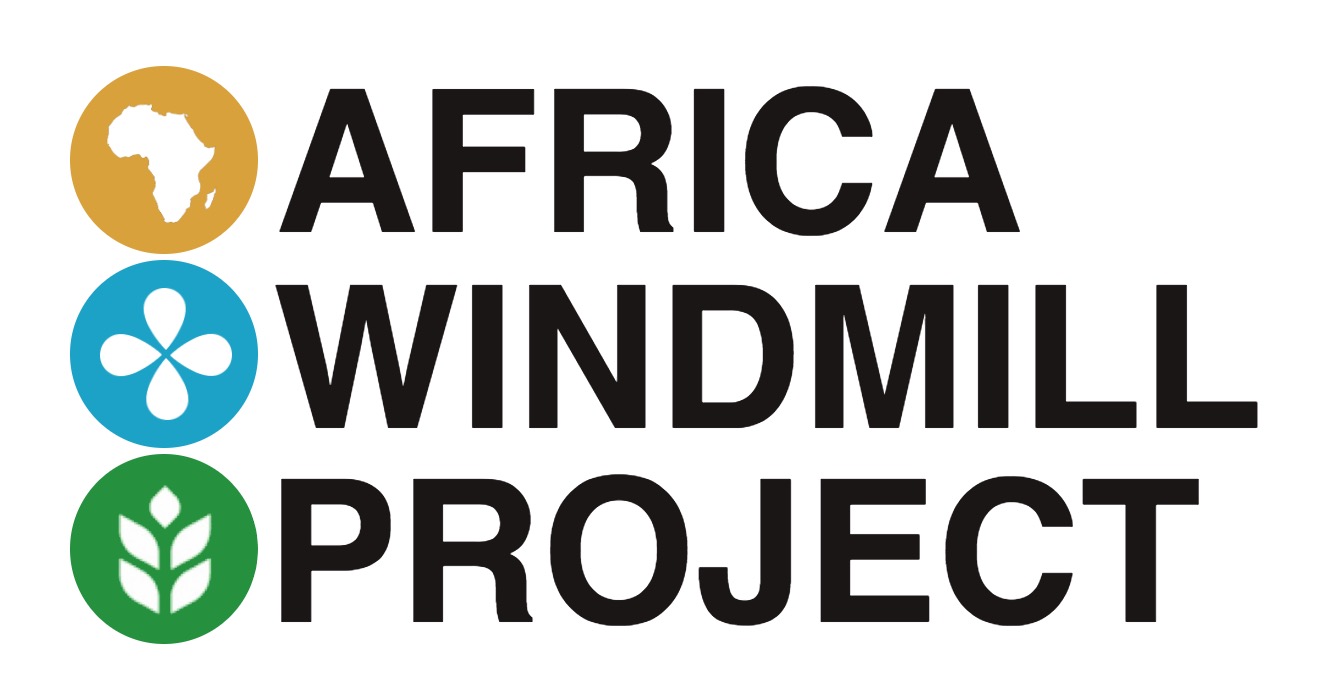Project Update...
 On 11 April 2011, Africa Windmill Project will install 30 water pumps. Well, if we can’t manage to do it all in one day it may take us the whole week. But by the end of that week, Mwakhundi and the Mziza Farming Club will have the means to irrigate 15 acres.
On 11 April 2011, Africa Windmill Project will install 30 water pumps. Well, if we can’t manage to do it all in one day it may take us the whole week. But by the end of that week, Mwakhundi and the Mziza Farming Club will have the means to irrigate 15 acres.
The rains may persist well past mid-April. Also, some farmers have used their dimba gardens (wetland gardens) to plant maize, sweet potato, or rice. In any case, whenever the farmer is ready to plant a winter crop, his irrigation system will be in place.
Shortly after the installation of 30 water pumps, butternut squash will be ready for sale. The market for this is sweetening as time goes by. One grocery store is importing this crop and paying MK150/kg ($1/kg or $0.45/lb). We think we will profit quite nicely at MK50/kg, so we’ve got MK100/kg to bargain with. Consumers pay between MK200/kg and MK320/kg. We would also like to see consumer prices down to under MK200/kg to reach a wider base and maybe push up demand and open new markets (such as those in poorer townships and outskirts of town).
Aside from the work we are doing within the community, we’ve discovered a substantial demand within the NGO sector for agriculture training. Many NGOs are discovering that credibility within a community means meeting people on their own terms. And that means NGOs can’t sweep in with projects about health or education, and expect results, without at least addressing the critical issues of agriculture: water management, soil management, and crop management. This just confirms what the data shows: Malawians live on $1 a day, while farming income is under-reported. So if an NGO wants to train a group of tailors or brick layers, that NGO has to account for the fact that such professions will not usually earn enough income to forgo farming. Instead, the tailor earns money to pay for household goods, school fees, and luxuries, while he and his family till the land for food.
What does this mean for AWP? About every two weeks, I get a call from someone who wants to know if we can help them with irrigation projects or dryland agriculture. It’s not their specialty, but it’s vital to their work. So far we have tentative plans to bring training to three other NGOs: one in each Lilongwe, Dedza, and Dowa districts. It seems most of these groups are in the home-based care category of NGOs. These organizations assist people, usually widows, orphans, disabled, or sick, in their own homes within the traditional safety nets of the culture, usually extended family and church.

